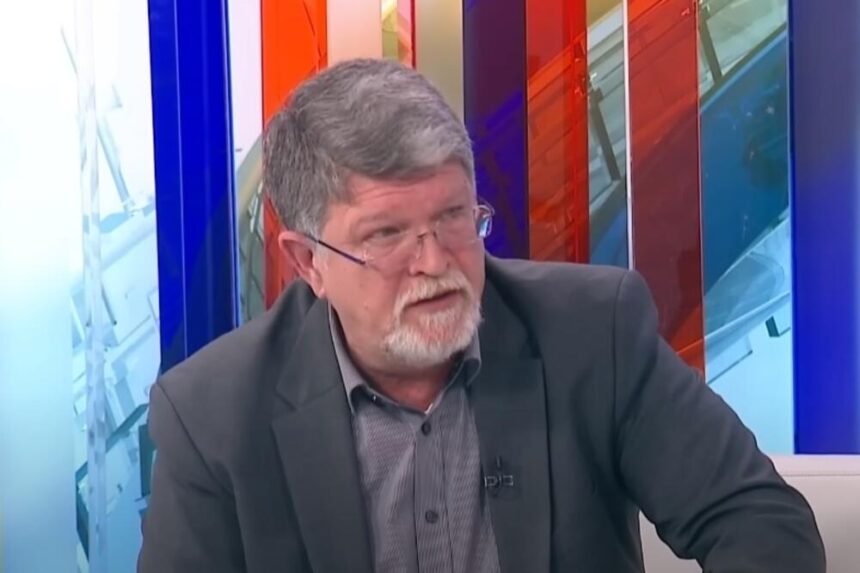Tonino Picula, European Parliament rapporteur for Serbia, presented a scathing report highlighting systemic corruption, weakening democratic institutions, and Serbia’s refusal to align with the EU’s foreign policy, particularly concerning Russia.
One of the most potent symbols of the crisis, according to Picula, was the collapse of the Novi Sad railway station canopy, which resulted in 16 deaths and exposed deep-rooted nepotism, poor oversight, and institutional failure.
“This tragedy has become a metaphor for systemic corruption and the absence of accountability,” Picula told members of the European Parliament.
Media and Judicial System Under Fire
Picula sharply criticized Serbia’s media environment, calling it neither free nor accessible, while the Regulatory Authority for Electronic Media (REM) was labeled non-functional. The judiciary, he noted, selectively applies justice, often targeting whistleblowers and activists.
He also condemned the public exposure of personal data of protesters and the use of unidentified surveillance tools, often traced to Russian intelligence services.
“European citizens have been detained or expelled from Serbia for mere social media posts,” he added.
Geopolitical Misalignment
Picula expressed grave concerns over Serbia’s continued refusal to align with EU foreign policy, especially by not imposing sanctions on Russia amid its war in Ukraine. Despite economic aid from the EU, Serbia pursues energy deals with Moscow, undermining its European commitments.
Need for Reforms and EU Responsibility
The report underscores the urgent need for electoral reform, independent institutions, judicial integrity, and a comprehensive agreement with Kosovo. Picula emphasized that EU accession must be merit-based, founded on genuine reforms and alignment with European values.
He also noted that the EU bears some responsibility for enabling Serbia’s decline by continuing diplomatic courtesies and bilateral agreements despite growing authoritarianism.
Support for Serbian Civil Society
Picula concluded by praising Serbian students and activists, particularly those marching from Belgrade to Brussels in protest of the political climate.
“Their voices reflect the true aspirations of the Serbian people for a European future. The way authorities treat them says more about the state of democracy than any political platform,” he said.
The European Parliament, he affirmed, will remain a staunch advocate of enlargement, but only for those countries that earn their place through clear reforms and principled governance.







